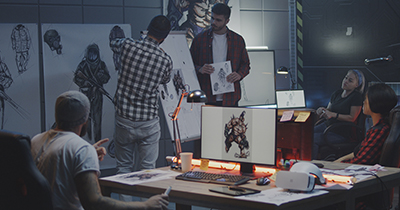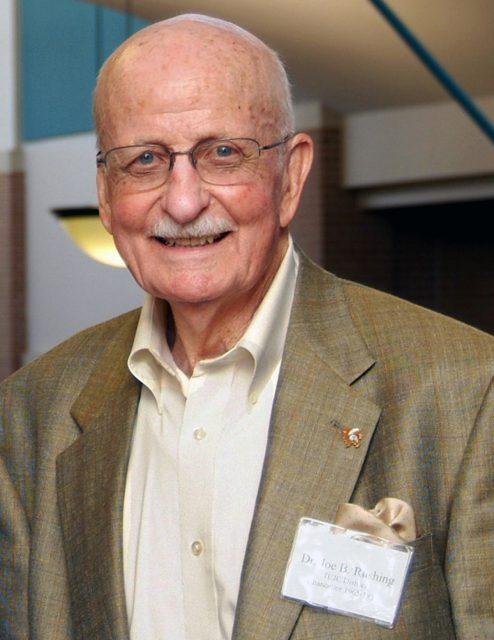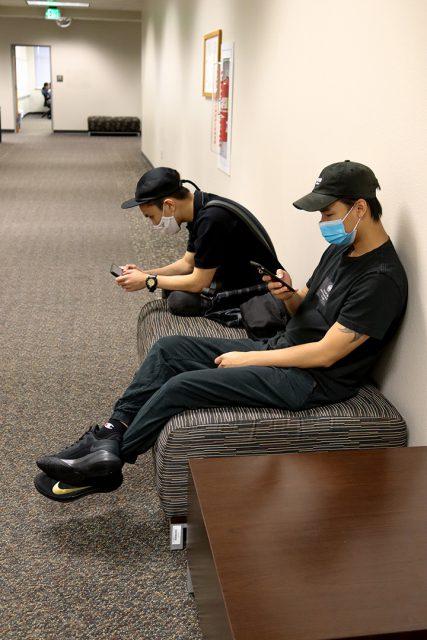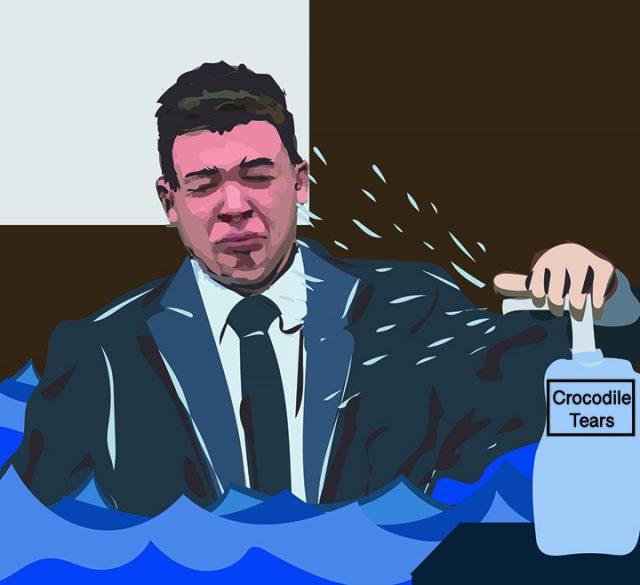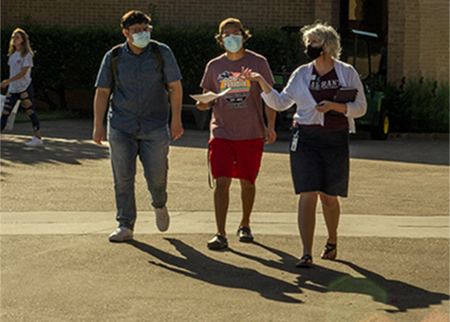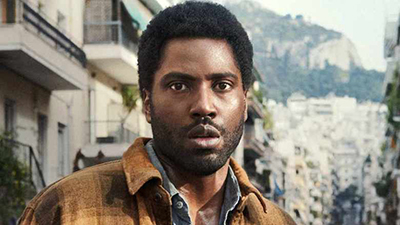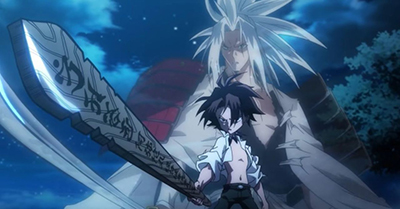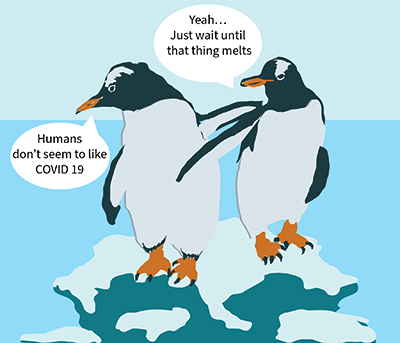Jose Romero
editor-in-chief
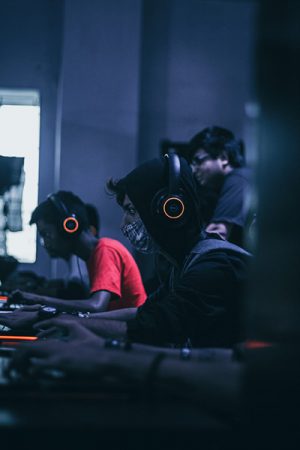
From the outside, video games are an enjoyable pastime filled with hours of entertainment for players. Unfortunately, some studios behind them are filled with toxic practices and work environments.
Toxicity in studios’ workplaces is nothing new. It’s been swept under the rug for far too long, but chickens are finally coming home to roost.
In July, California filed a lawsuit against one of the largest game studios in the world, Activision Blizzard Inc. The lawsuit includes misdeeds such as sexual harassment, unequal pay and discrimination against female employees. The suit paints a picture of a stark reality in which people in positions of power will abuse that power to diminish their coworkers.
Former Blizzard game director Alex Afrasiabi was allegedly sexually harassing female employees, and he went many years without any kind of punishment. He wasn’t fired until 2020, but his allegations go back to 2013. Other employees knew about how he treated females in the workplace, but it was so normalized at the Blizzard offices that it was just shrugged off.
Being a game director puts a person in quite the position of power. They mandate who is tasked with a certain job and can choose which team members get to stay on board. It’s simple to see how an employee could be too fearful for their career to speak up against their boss. That sentiment goes for any workplace. Nobody wants to lose their job, even if it means having to endure some awful situations.
The misogyny in the gaming industry has been prevalent for far too long. California’s lawsuit gives victims the chance to have a voice and have it be heard. Unfortunately, this isn’t the first time in which a gaming studio’s toxicity has been spotlighted. It’s just one of the first times where something major is happening against it.
Ubisoft, another large studio, was sued this year as well for similar misdoings. According to the gaming news outlet Kotaku, a French worker union filed a lawsuit saying Ubisoft kept the accused employees on the staff because it’s more profitable to do so rather than protecting its employees.
That’s a depressing statement, and one with evidence all over the industry. It’s easy to sit down and play these studios’ games, but it’s important to evaluate the human cost of these multi-million dollar projects.
No game is worth lifelong trauma to a person.


























